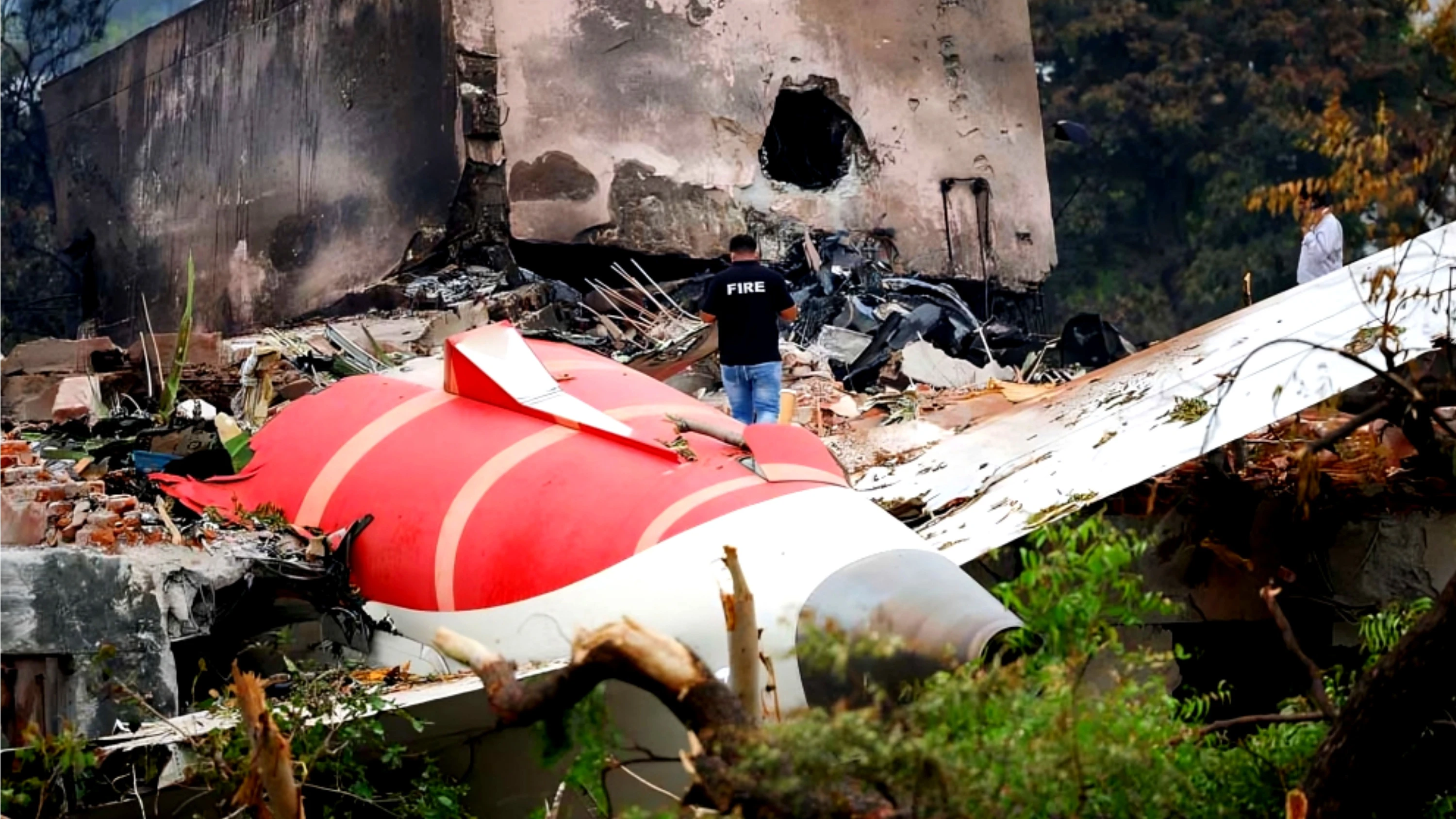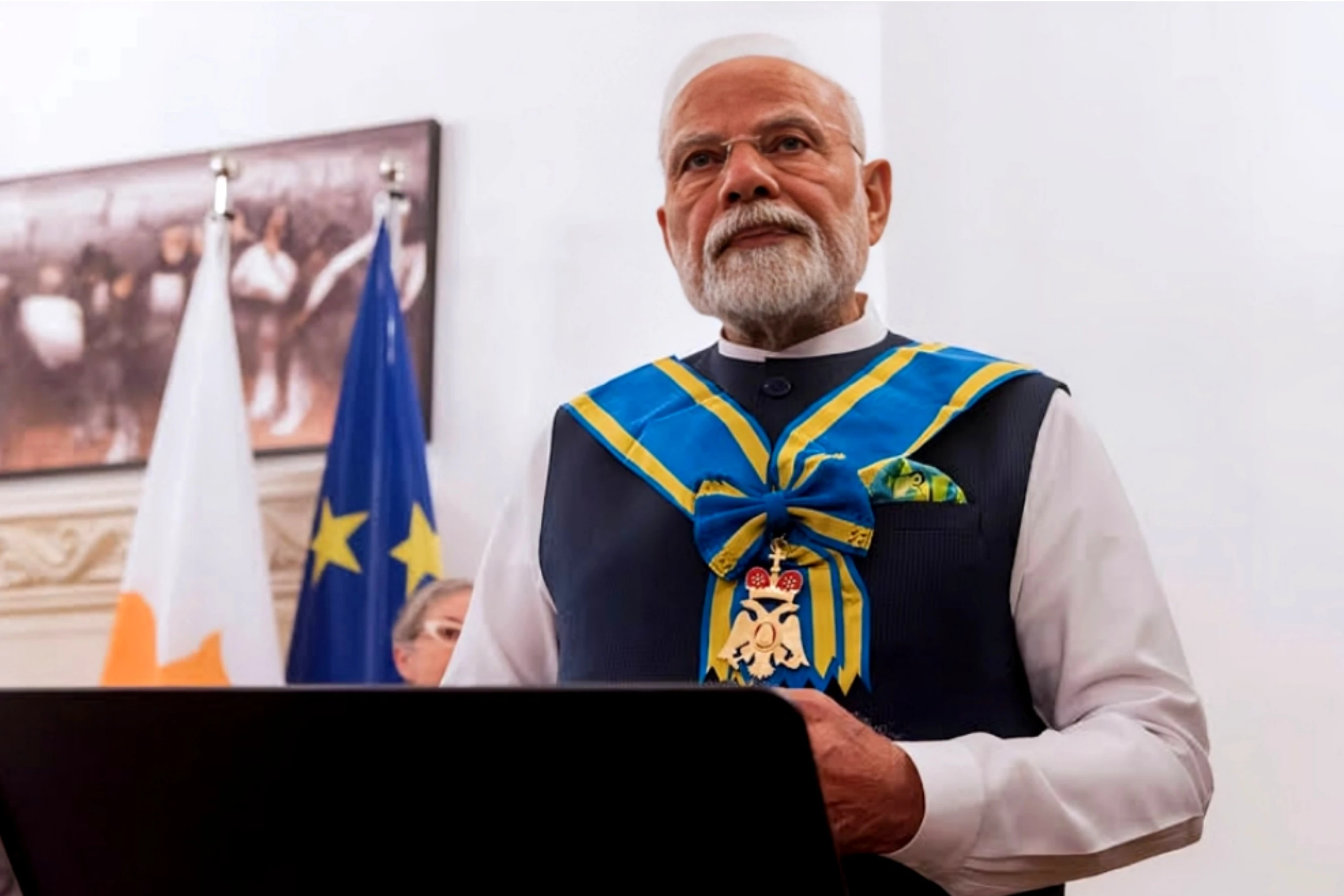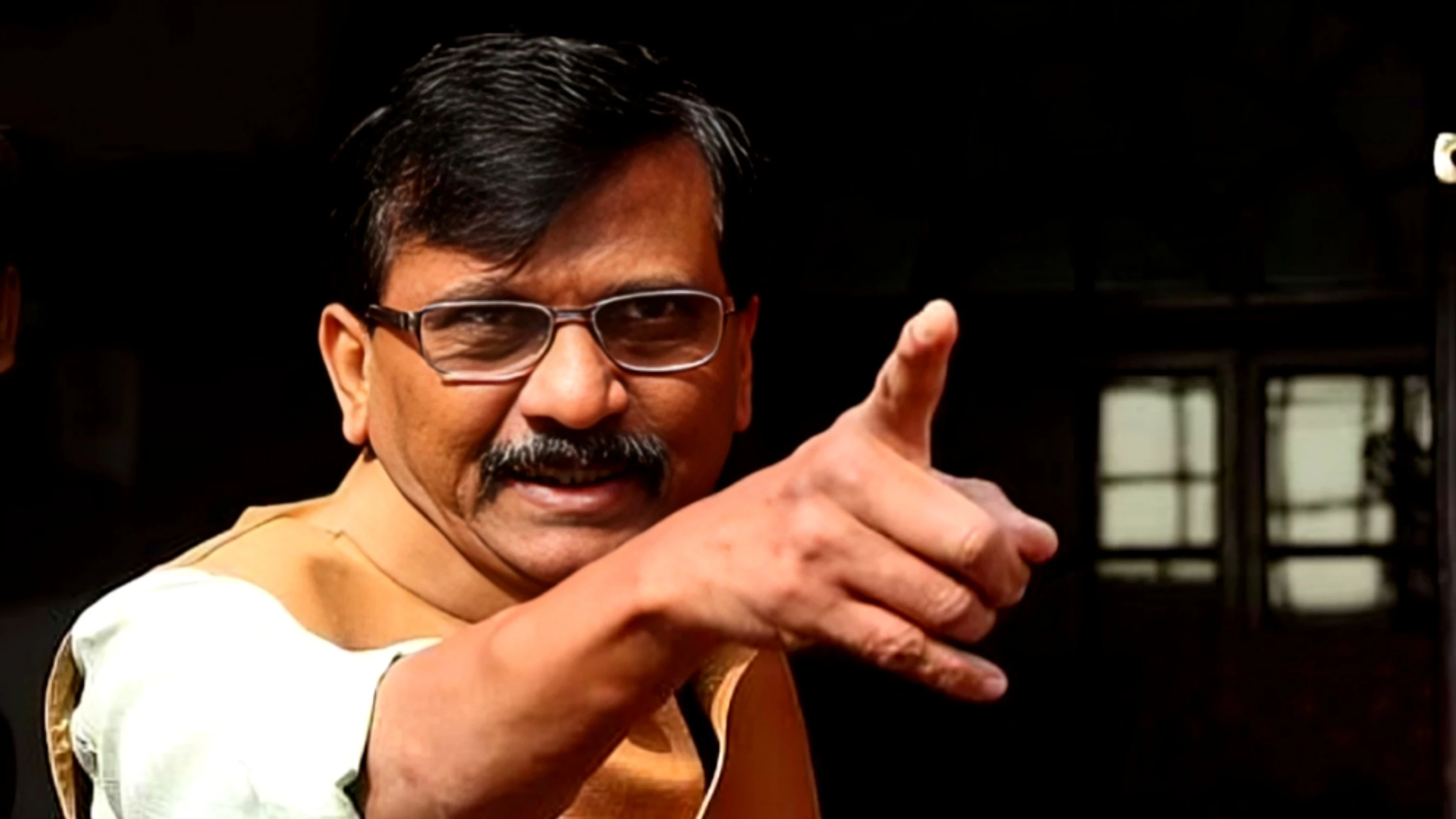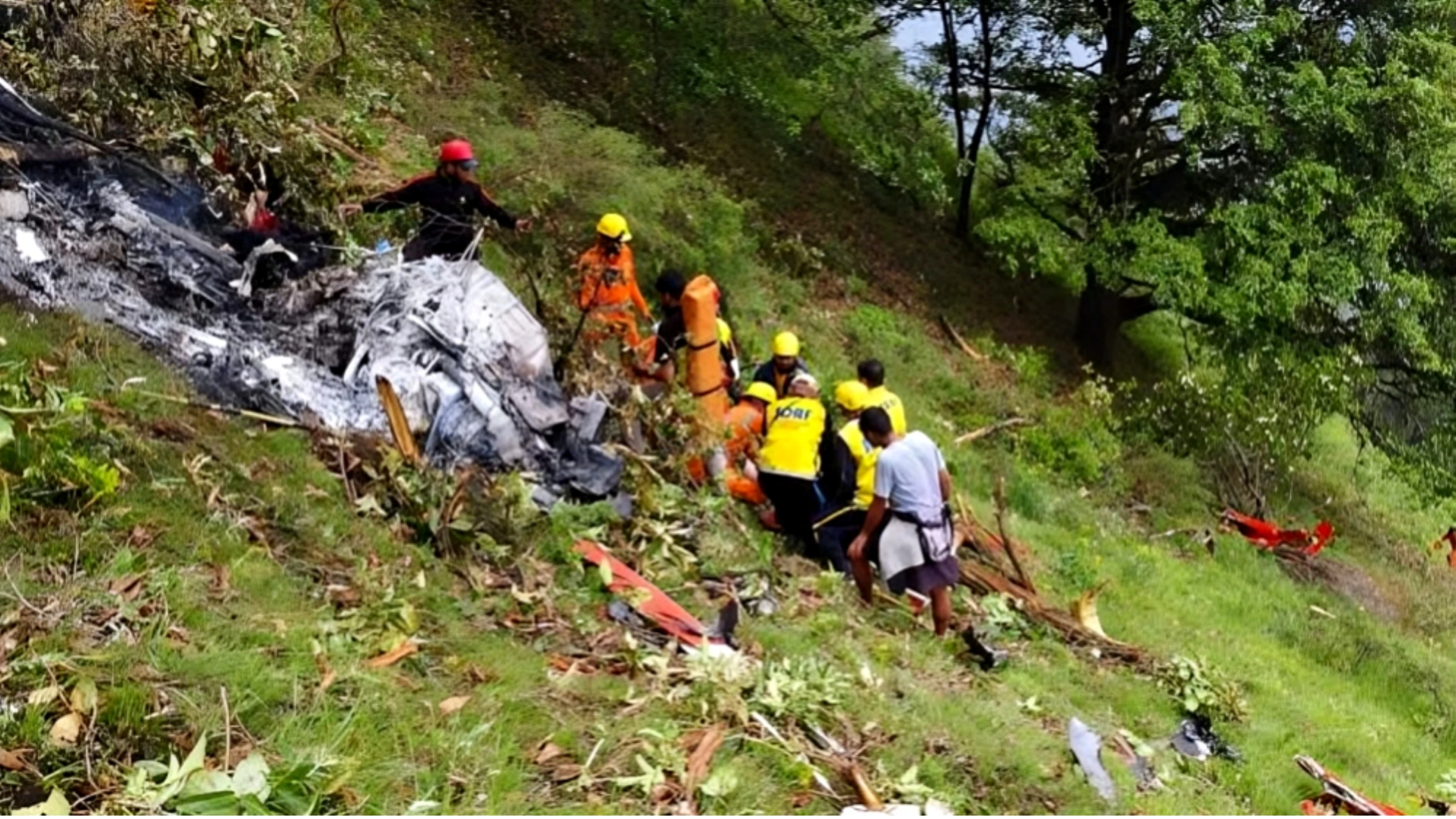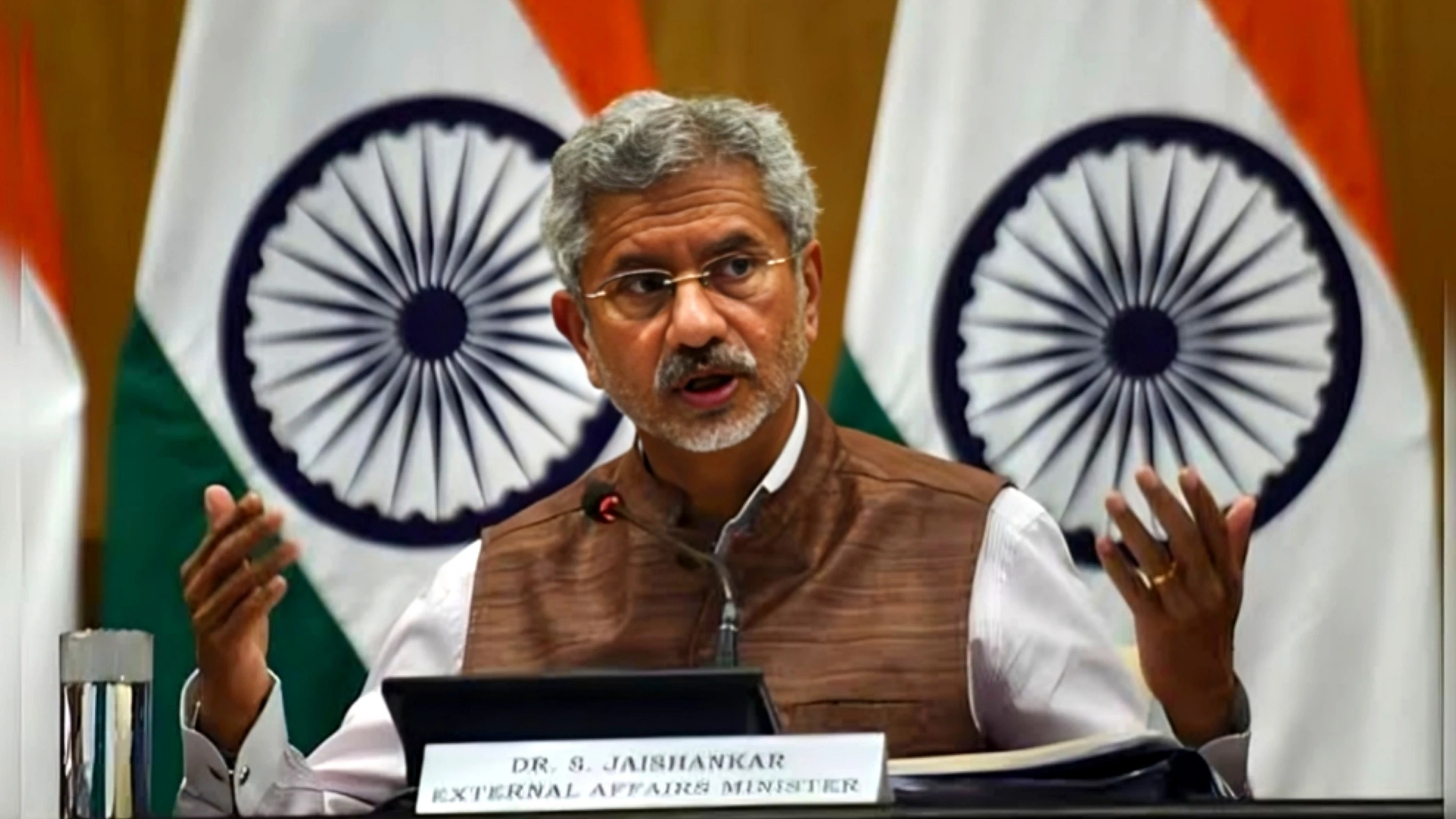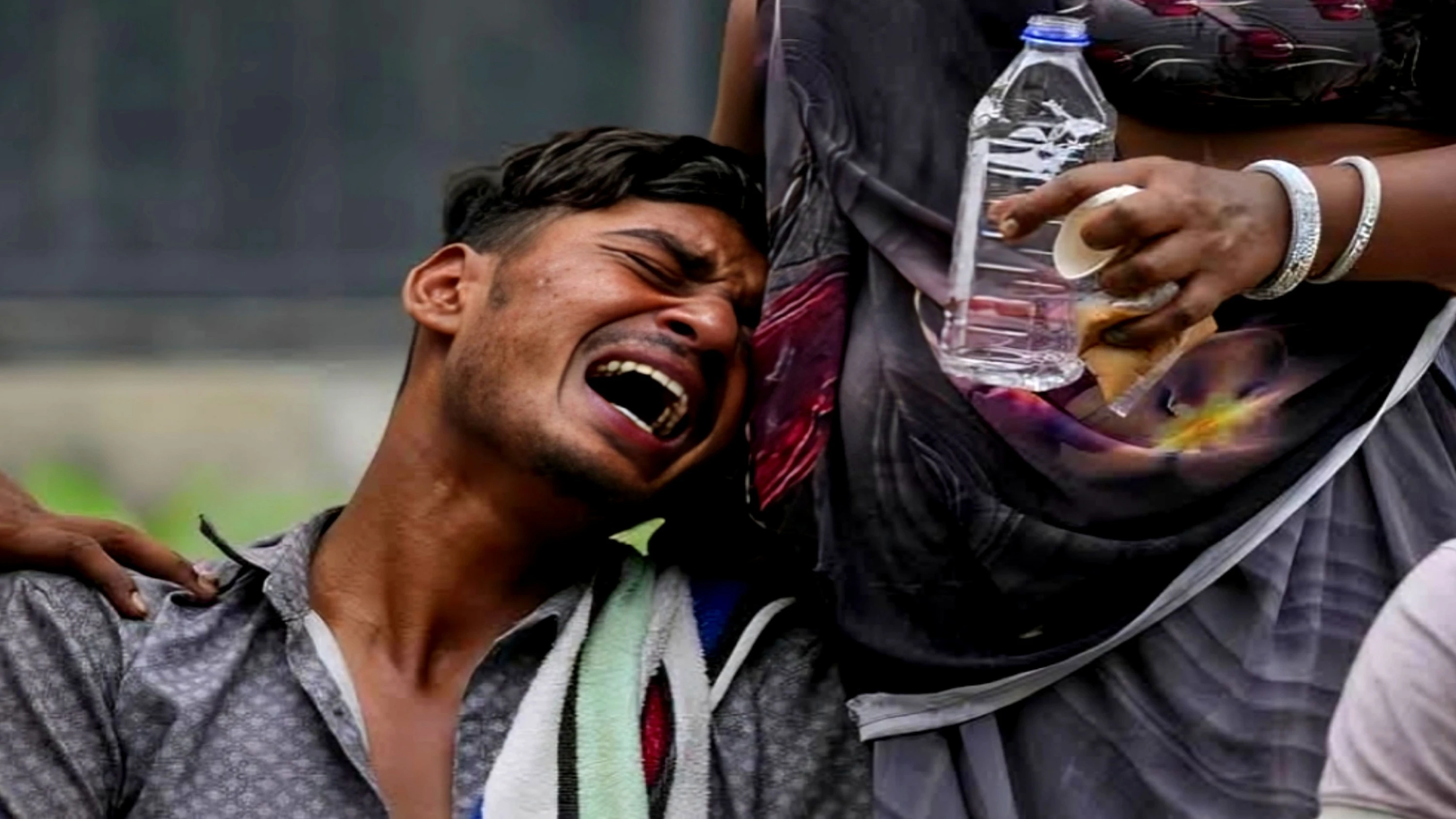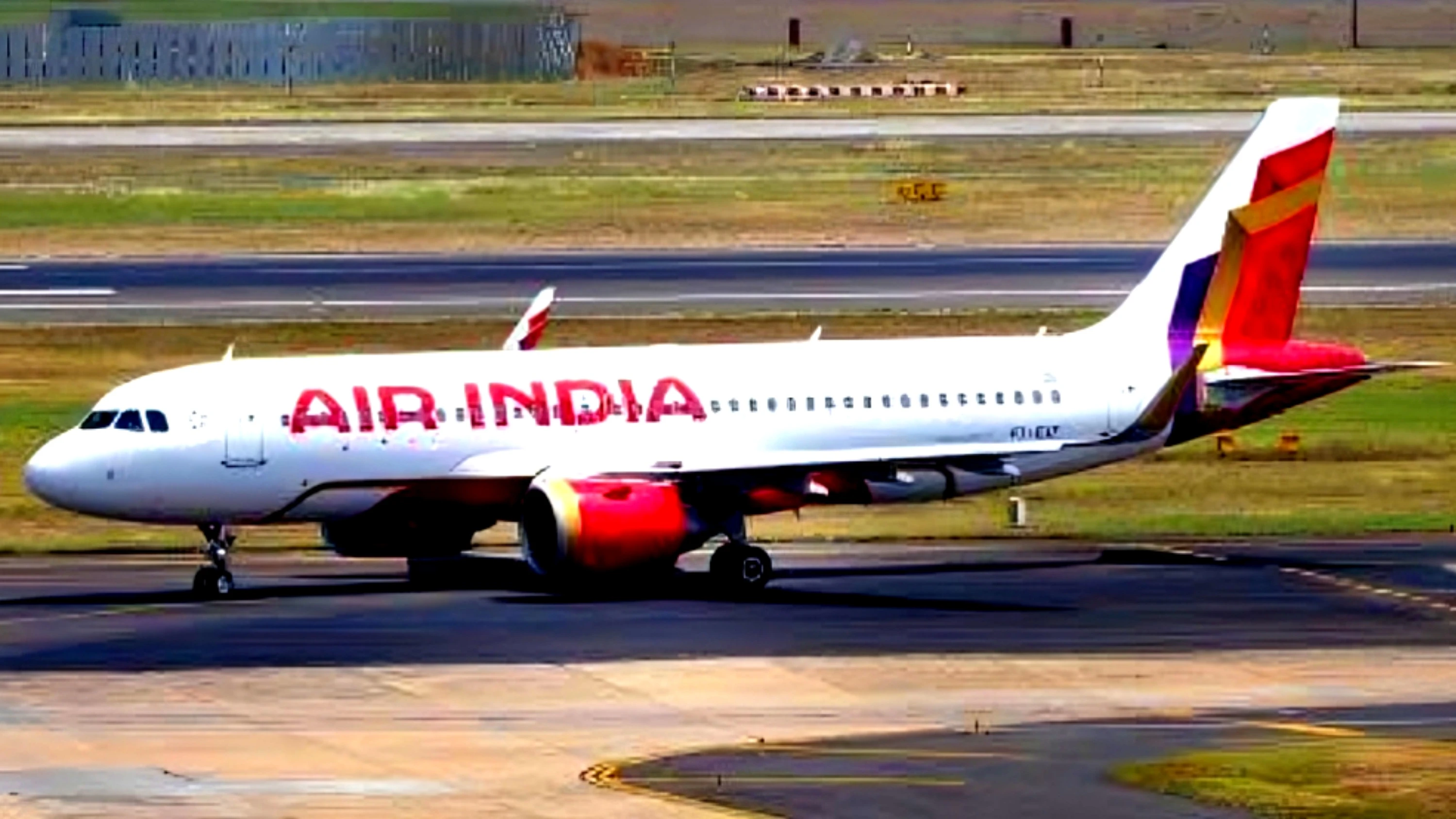New Delhi: Air India Chairman N. Chandrasekaran has called on employees to remain resilient and use the recent deadly plane crash as a catalyst to build a safer airline. Addressing more than 700 staff at a town hall near New Delhi on Monday, Chandrasekaran described the incident as the most devastating crisis of his professional life.
“I’ve faced many crises over the years, but nothing as heartbreaking as this,” he said, according to a Tata Group spokesperson. He urged the airline’s workforce to stay committed in the face of public scrutiny and emphasized the need to emerge stronger and more safety-focused.
The tragic crash occurred last Thursday when an Air India Boeing 787-8 Dreamliner, carrying 242 people and headed for London’s Gatwick Airport, lost altitude seconds after taking off from Ahmedabad. The aircraft crashed into nearby buildings and burst into flames, killing nearly everyone on board. Only one person survived, while approximately 30 others perished on the ground, marking it as the deadliest aviation disaster globally in over a decade.
Investigators are currently examining multiple factors, including the aircraft’s engine performance, flap settings, and the status of the landing gear during takeoff. Chandrasekaran, who also serves as chairman of the Tata Group, said the complexity of modern aircraft requires patience as authorities work through the inquiry.
“We must wait for the investigation to provide clarity. Aircraft are intricate machines with countless safeguards and systems—yet this happened. We’ll understand how once the analysis is complete,” he told staff.
The crash represents a major setback for Air India, which has been undergoing a major overhaul since Tata Group took control from the government in 2022. Under Tata ownership, the airline has aimed to transform into a world-class carrier, overcoming years of underperformance, outdated infrastructure, and safety concerns.
In a separate incident on Monday, another Air India Dreamliner headed to New Delhi had to return to Hong Kong due to a technical issue, further highlighting operational challenges.
Chandrasekaran acknowledged the difficulties ahead: “Criticism will come, but we must remain resilient. We’ll get through this together.”
Meanwhile in Ahmedabad, grieving families continue to await the identification of victims. Only 64 of the 271 bodies have been returned to relatives so far, with forensic teams working to match dental records and other identifiers. Officials confirmed that both the flight data and cockpit voice recorders have been recovered, which are critical for understanding what caused the disaster.


